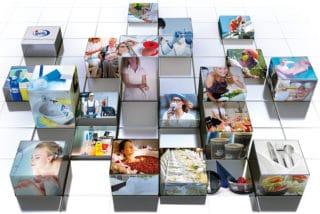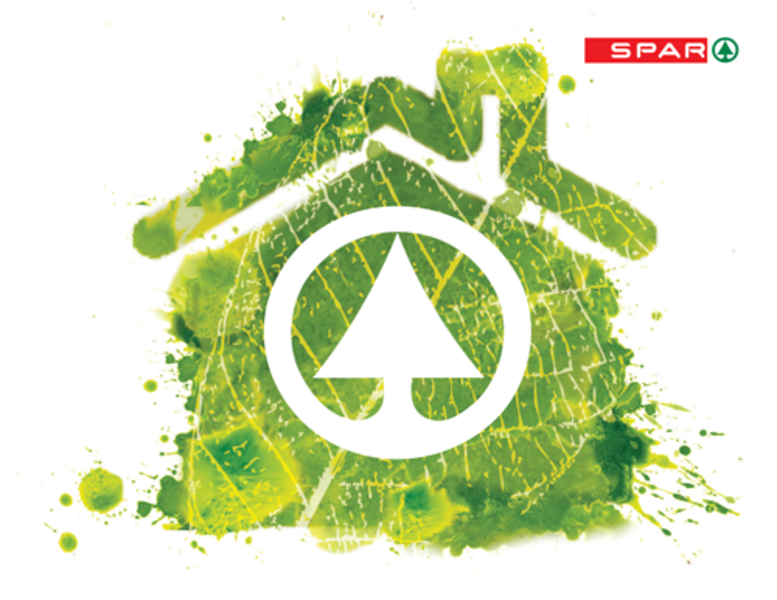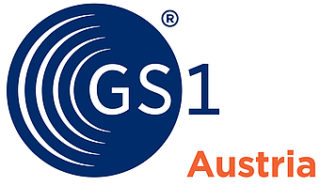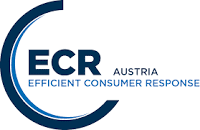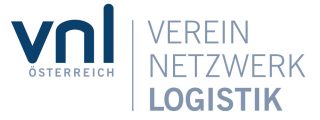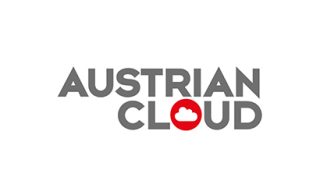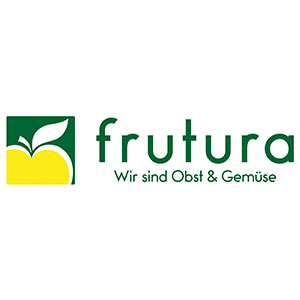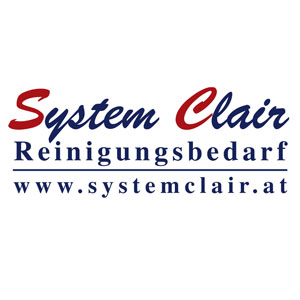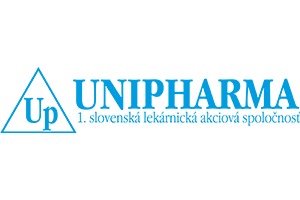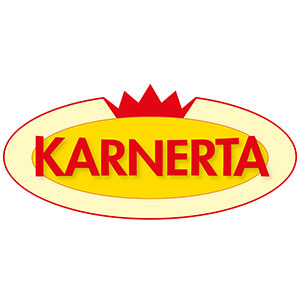From Facility Management to Information Management
The optimization of complex work and procurement of goods processes is an essential element of successful facility management.
Facility management is much more than real estate management or technical operations – it’s the connecting link between humans, workplaces and technology. It builds on a large number of different and often highly complex work and procurement processes, which in turn require a lot of time and resources. Another challenge is that, given the high-tech nature of modern buildings, the amount of data has been getting increasingly more complex to handle, which also makes documentation processes more difficult. Alfred Waschl, President of IFMA Austria, comments on this development: “Real estate management will evolve into information management. Information management will affect all life cycles of a building, that is, planning, construction, operations and remodeling. Digital tools come in handy in many areas, ranging from energy, security, workplace safety to finances, warranty, moving, sales, bids, renting to troubleshooting, area management, cleaning and cost calculation.”
Vom Facility- zum Informations-Management
Upon closer scrutiny, most individual processes in these areas have considerable potential for optimization. It is exactly this potential that some facility management businesses have discovered in recent years. Thanks to customized solutions for Electronic Data Interchange (EDI), they were able to improve specific processes. One example among many is that EDI can help comply with the requirements of the Austrian Energy Efficiency Act, which forms the basis for professionally integrated energy accounting.
Energy efficiency is key
Rising energy costs, stricter regulation (the Austrian Energy Efficiency Act has been in effect since January 1, 2015) and the benefits associated with having a “green image” all make energy efficiency a priority for the facility management industry. The focus lies on smart models for operations that will keep operating and life-cycle costs low. The challenge for facility managers is finding new concepts that reflect these changing conditions. One example is SPAR Austria, a corporation that has been using Electronic Data Interchange (EDI) as a basis for professional energy accounting by automatically receiving editable invoice and consumption data for its 1,500 Spar stores that have different power suppliers. Franz Hölzl, sustainability manager at Spar, is enthusiastic about this approach: “Electronic Data Interchange allows us to comply with the Austrian Energy Efficiency Act and also gives us access to all consumption data, which translates into significant potential for additional energy-saving actions.” Efficiency is also a big issue in the area of merchandise management in the facility management industry.
Efficient merchandise management
Logistics processes inherent to merchandise management are highly complex, given the large variety of products combined with different client specifications. Sodexo Austria, for example, serves 400,000 end clients every day who have a large number of different procurement of goods processes. In order to optimize order processes in the procurement of goods process, Sodexo’s catering division has been relying on EDI since 2010. It’s based on the exchange of article master data which is done by accessing the electronic price catalog (PRICAT). This makes manual article management obsolete because thanks to EDI, PRICAT is updated automatically, meaning that changes to any product are shown in real time. This increases data quality and transparency throughout the entire procurement of goods process while saving time and resources.
On the safe side with accurate data
In the facility management business, the exchange of data impacts many work processes as well as procurement of goods processes. Optimizing these is considered to be key for successful businesses. Especially if safety is an important issue. IGEFA, a full-service company for facility services with subsidiaries in 23 European countries, is taken additional steps to digitize processes, in addition to the existing EDI data transfer for order processes. One example is transferring links for displaying pictures for an article in question. Additional plans are about embedding links for direct access to warnings and instructions for the use of cleaning products. Data for all cleaning devices, chemical products and other equipment will be transferred. The accuracy of such data is a decisive element when it comes to ensuring that products are used correctly by staff members and to avoiding widespread damage or even health hazards.
These examples underscore the significant potential and availability of customized solutions for the use of EDI in the facility management industry. Björn Neumann, who has implemented several successful projects for the EDI services provider EDITEL, agrees: “Standardized Electronic Data Exchange, also known as EDI, is relatively new to the facility management industry. Its successful use in procurement of goods processes continuously translates into ideas for new applications. I am sure that we will make a lot of things happen in the next few years.”
Benefits of EDI for in the facility management industry
- Optimized procurement of goods processes
- Automated information exchange
- Centralized management
- Many customized solutions available while using a single EDI platform (e.g. eXite® by EDITEL)
- Electronic Data Interchange of power bills and consumption data (Austrian Energy Efficiency Act)
- Automated invoicing processes
- Accurate and updated article main data by accessing PRICAT (including the automated transmission of data relevant to the EU food information regulation)
- Saves time and money
- High data quality and transparency


